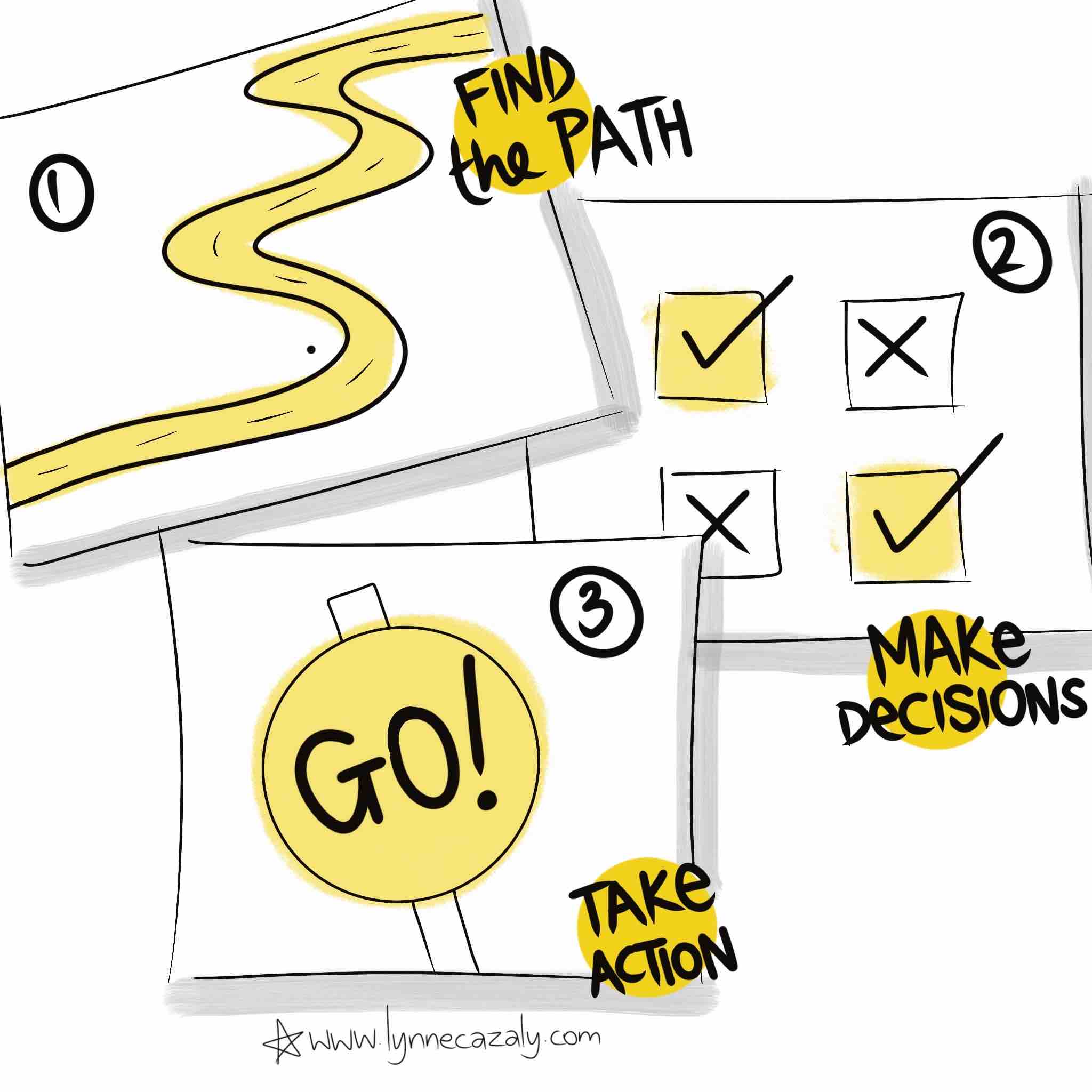Searching, switching and cycling
 Friday, October 15, 2021 at 1:28PM
Friday, October 15, 2021 at 1:28PM It seems we’ve got a time-sucking app problem as we search, switch and cycle through apps looking for the information we need.
And we lose up to an hour a day doing it!
Remote tools are given the blame here, as we have been forced into ‘uncontrolled adoption’ of apps to help us work better together across online platforms.
Read more in this article in TechRepublic by Owen Hughes.
It’s the switching that’s the main problem. From here ... to there.. looking, can’t find it, back there, looking again, interrupted, read something else, start again, ‘now where was I up to?’
And hybrid working environments are exaggerating the issue further.
What is the impact of this loss of attention?
Reduced productivity and efficiency.
Less creativity.
Poorer problem solving.
Increased stress. Argh!
What about you? Do you switch, search and cycle through, clicking here and there trying to remember what you’re looking for and where you last looked at it?
I know I do.
Calm, focused attention can be difficult to find when you’re on a time pressure deadline and aren’t sure where the information is that you’re searching for.
It’s another reason why we need to be better at managing our attention, maintaining focus and dealing with information overload.
These are all topics I cover in my latest book ‘Argh! Too much information, not enough brain: A practical guide to outsmarting overwhelm.’
Have you got a copy yet? Even if you’re too busy to read it right now, (I get it, I do) put it onto your list to make progress towards reading it over the next 90 days.




















